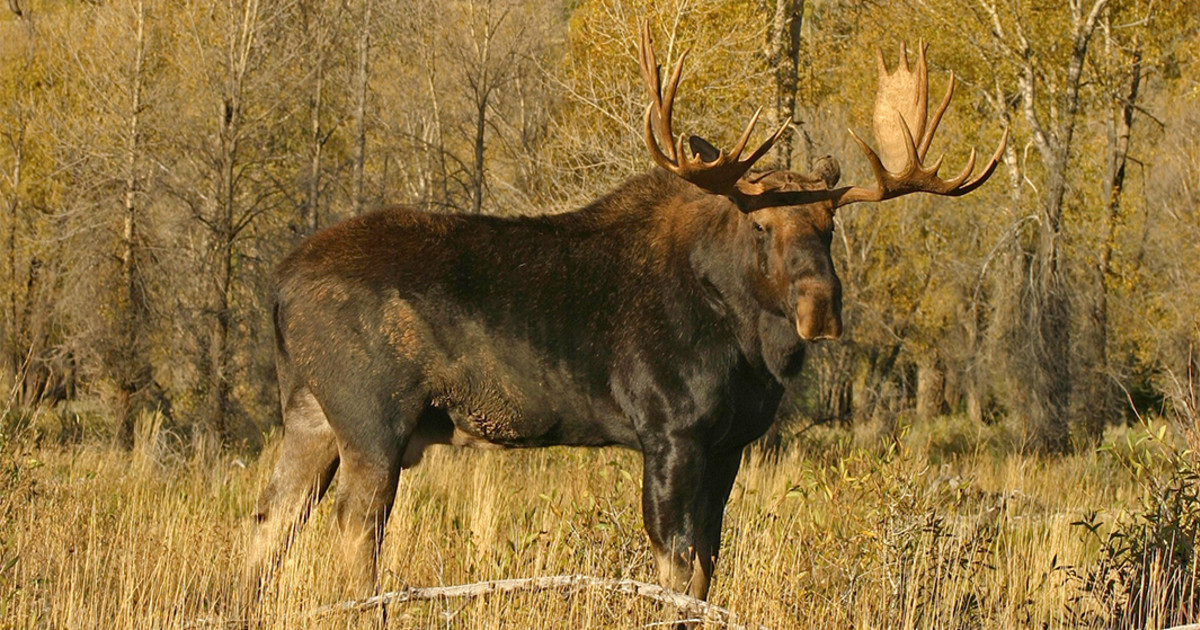Table of Contents
The art of tracking and taking games dates back to the dawn of humanity. It’s a tradition steeped in skill, patience, and respect for the natural world. However, as times have changed, so have the principles that govern this age-old practice. Today, we’re more aware of our environmental impact and the need for sustainable practices in all aspects of life, including the pursuit of wild game. For those who heed the call of the wild, ensuring your approach is responsible and respectful is paramount. In this guide, we’ll take you through five essential tips that uphold the integrity of the sport and help you to engage with nature mindfully.
Mastery of Regulations and Conservation Laws
A true outdoorsman knows that the hunt begins long before stepping into the brush. It starts with a deep dive into the myriad of laws and regulations that govern wildlife management. These rules aren’t just legal formalities; they result from extensive research and understanding of local ecosystems that balance our activities with the environment’s well-being. To align your practices with conservation efforts, become familiar with the specific regulations of the area you plan to hunt in. This includes season dates, bag limits, and the legal methods for taking the game. Adhering to these rules not only keeps you within the bounds of the law but also supports wildlife conservation strategies that ensure the perpetuity of species and habitats.
The Science and Spirit of Tracking
In the theater of the wilderness, every ethical hunter plays a dual role: a scientist and a spiritualist. The science lies in understanding animal behavior, tracking skills, and habitat knowledge. This empirical knowledge is crucial as it allows you to read signs and signals that lead to a successful and selective pursuit, ensuring that only the intended game is taken. The spiritual aspect is subtler, woven into the fabric of the experience. It’s found in the quiet contemplation of nature, the respect for the life taken, and the commitment to only take what you need. This duality is the heartbeat of a chase that is not just about the end but equally about the means.
The Nuanced Approach to Turkey Hunting
As the season turns and the calls of the wild turkey echo through the hardwoods, hunters gear up for what is often considered the chess game of hunting. Turkey hunting demands a nuanced approach, where stealth, patience, and the right call are crucial. Unlike other forms of hunting, where baiting or using hounds is permissible, turkey hunting often comes down to a battle of wits between the hunter and the cunning tom. To engage in this practice responsibly, one must consider the impact on turkey populations and their habitat. Using calls judiciously and understanding the breeding habits and life cycle of these birds is essential. It’s about matching wits with these majestic birds in a way that honors their place in the wild and ensures their continuity.
The Significance of Hunting Clothes
As dawn breaks and the forest awakens, the seasoned hunter knows that success is often in the details. One such detail, sometimes overlooked, is the choice of hunting clothes. Appropriate attire goes beyond mere camouflage. It speaks to the ethics of the hunt—blending in not to deceive but to observe and respect the balance of the habitat. The right hunting clothes offer practicality and functionality. They shield you from the elements, allow for ease of movement, and minimize your impact on the environment. Quality gear that stands the test of time and terrain underscores a commitment to sustainability, ensuring that your presence in the wilderness is as unobtrusive as possible. It is in this clothing selection that a hunter’s respect for their pursuit and the land on which they walk is woven into the very fabric of their attire.
A Conscientious Conclusion
The final act of any pursuit in the wild is the harvest. This moment is laden with the weight of tradition, skill, and responsibility. A conscientious harvest is about more than just pulling the trigger or releasing the arrow. It’s a culmination of preparation, respect for the game, and the hunter’s role as a nature conservator. The ethical hunter approaches this moment with humility and gratitude, taking only what is needed and using as much of the animal as possible.
A clean, quick kill is the goal, minimizing the animal’s suffering and reflecting a deep respect for its life. This requires proficiency in marksmanship, knowledge of anatomy, and an understanding of one’s limitations. It also involves following through post-harvest to ensure that the game is processed carefully and its gift is not wasted. This aspect of the pursuit brings the ethical circle to a close, from a well-planned beginning to a respectful end.
Forging a Future with Forethought
In the quiet aftermath, as the echoes of the hunt fade into the rustling leaves, a reflective pause is necessary. Ethical hunting is a continuous cycle of learning, adapting, and respecting the rhythms of nature. It’s an ongoing commitment to conservation, education, and responsible stewardship. The wilderness speaks a language of its own, one of beauty, challenge, and life. As guardians of this realm, hunters carry the responsibility to engage with it ethically, ensuring that future generations can hear the same calls of the wild that have resonated through the ages. Whether a novice or a seasoned tracker, the call to a responsible pursuit is clear—honor the hunt, respect the wild, and safeguard its legacy.








